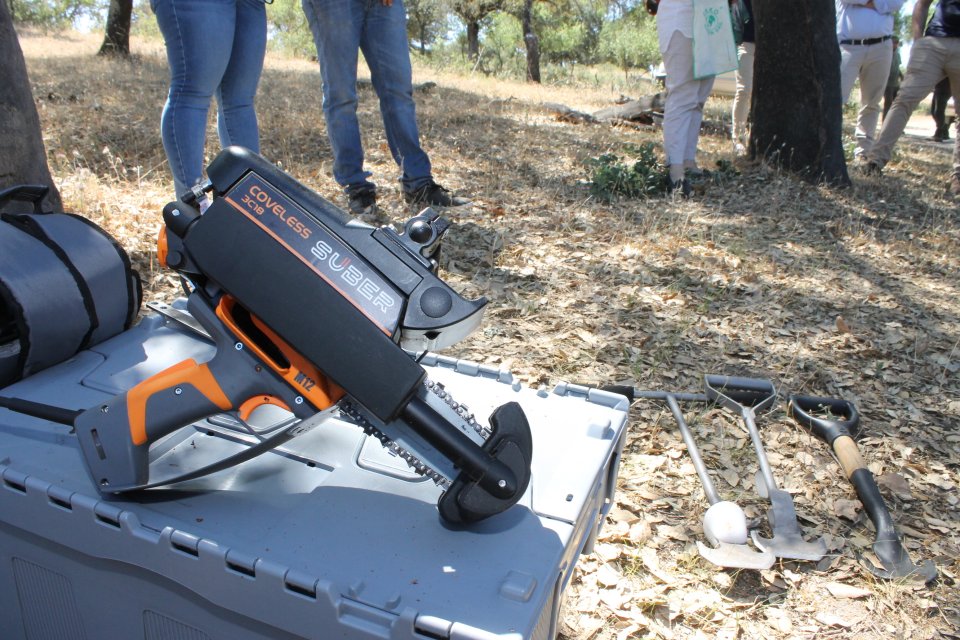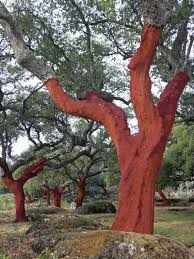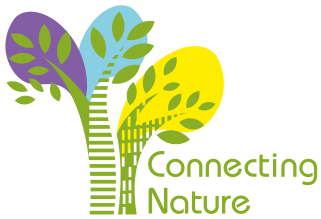
The objective is to present GOSUBER, the supra-autonomous operational group of the European Innovation Partnership (EIP) in the area of Agricultural productivity and Sustainability, which aims to modernize debarking to make it more productive and improve occupational health and safety conditions. The group comprises 13 partners, including private companies, associations, research centres, universities and foundations.
Operational groups are European Innovation Partnership (EIP) initiatives that seek to group different actors in a given sector with different points of view for the purposes of problem solving, realizing opportunities or driving innovation in the sector. The operational group will implement the innovation project through which the objectives pursued are realized. These innovation projects are eligible for co-financing from the EAFRD Fund. In the case of the GOSUBER operational group, the innovation project of the same name has been co-financed.
Cork debarking is an important aspect of the cork industry, not only in terms of the products manufactured but also because the debarking method employed can affect the future production of cork. If debarking is not performed correctly, the tree may be damaged and future cork production may be compromised. Furthermore, the difficulty involved in debarking is exacerbated by a shortage of skilled labour. In this context, GOBUBER explores possible options for mechanizing this activity. Thus, the objectives pursued in the project are: (i) to modernize cork extraction through mechanization; (ii) to improve working conditions; (iii) to improve and review the organization systems and procedures for cork extraction; (iv) to improve the marketing and valuation of cork.
The definitive results of GOSUBER will be available in September 2020. Throughout the duration of the project, different initiatives are being implemented. Among these initiatives, the following should be highlighted: (1) Definition of work protocols using new tools; (2) Trials with new tools; (3) Development of new health and safety working systems; (4) Design of technical bases for new subericulture aimed at improving decision-making; (5) Development of ‘green roof’ with cork substrate as absorbent; (6) Characterization of planks and granulated cork; (7) Disclosure of the innovations developed.
The operational group and the GOSUBER project are expected to have a highly positive impact on the sector, since improvements in activities throughout the production process are contemplated. The initiatives undertaken aim to improve the debarking operation while also reviewing the technical bases for a new subericulture in which decision-making is improved. Social aspects are also contemplated, such as improvements in health and safety conditions, as are economic aspects associated with the valuation of the products obtained.
Future development will take the form of implementing the guidelines, innovative initiatives and new machinery developed within the project. Since the initiatives are carried out within an operational group made up of agents with different profiles within the cork sector, the interests of the sector in terms of the innovative activities carried out are legitimized.
GOSUBER www.gosuber.es
Further information
(c) GOSUBER

Debarked cork oak stand. (c) CICYTEX
